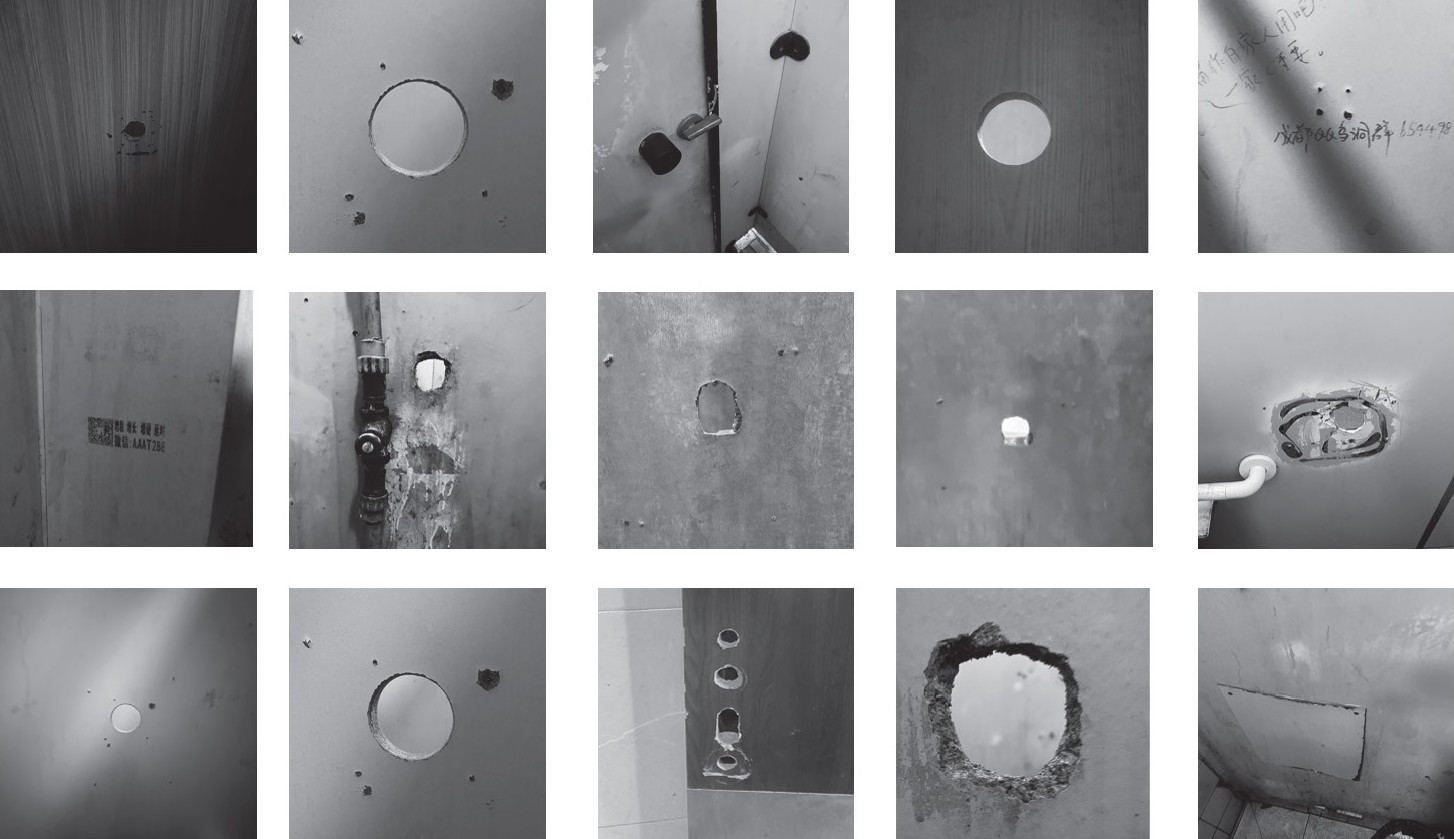Unruly Modernity: The Making of Queer Beijing in Postsocialist China
Nathan Shui
Architecture
UC Berkeley
Emerging from the chaos of the Maoist regime, the Chinese Communist Party (CCP) sought to stabilize the nation-state through the so-called “economic reform” launched in 1978, ushering in China’s postsocialist era. Key to this initiation was urban modernization, through which the CCP aimed to reshape Chinese cities and citizens with an image of modern progress and civic order. My dissertation examines how sexual minorities in Beijing resisted and reinvented this restructuring program designed to exclude their public presence. Specifically, I trace the history of public queer spaces in Beijing through four landmark urban events between the early 1980s and early 2010s: the “toilet revolution,” rural migration, the 2008 Olympics, and the construction of the Beijing subway. Reading official archival records against queer ethnographic accounts, I examine how the state and design professionals employed these projects to establish new social relations and hierarchies courting their vision of a modern city. In turn, I explore how queer Chinese in Beijing made creative use of these architectural and urban interventions to foster new social and erotic opportunities, ultimately reconfiguring the postsocialist urban history and built environment of Beijing and across the country.

